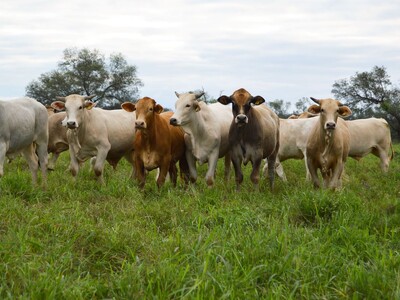Wolf Management
“This was an 800 pound yearling, we don’t know how long it had been dead when we first came to it. But we do know that at least half of the carcass was still there at that time and within 12 hours that half -- or roughly 400 pounds had been carried away.” That’s Eastern Oregon Rancher Tom Rietmann who has been dealing with wolf depredation on his cowsrd for some time. But that’s Oregon.
Moving North, managing the growing gray wolf population is not top of mind unless you talk to Northeast Washington Republican Representative Joel Kretz. He says 17 of Washington’s 20 wolf packs call his district home, and with more and more depredations and wolf and human interactions being reported, he says something must be done.
He notes wolf is a four-lettered word that evokes passions and strong emotions.
Kretz says the reception is a bit better this year, but there’s a long way to go.He added most ranchers think reintroducing the wolves was a mistake, but since they are here, they are willing to try to coexist, assuming their livelihood is not sacrificed. Kretz has introduced legislation to level the playfield for ranchers across Washington. House Bill 2771, would require the Washington state Department of Fish and Wildlife to immediately initiate and expedite the translocation of wolves in regions where multiple packs range to areas with fewer wolves.


















